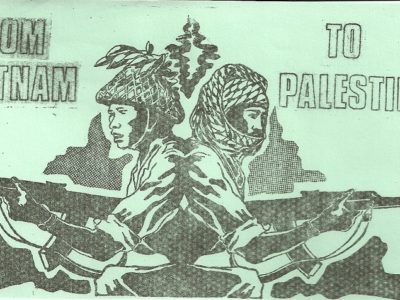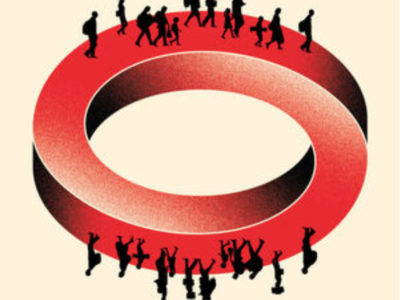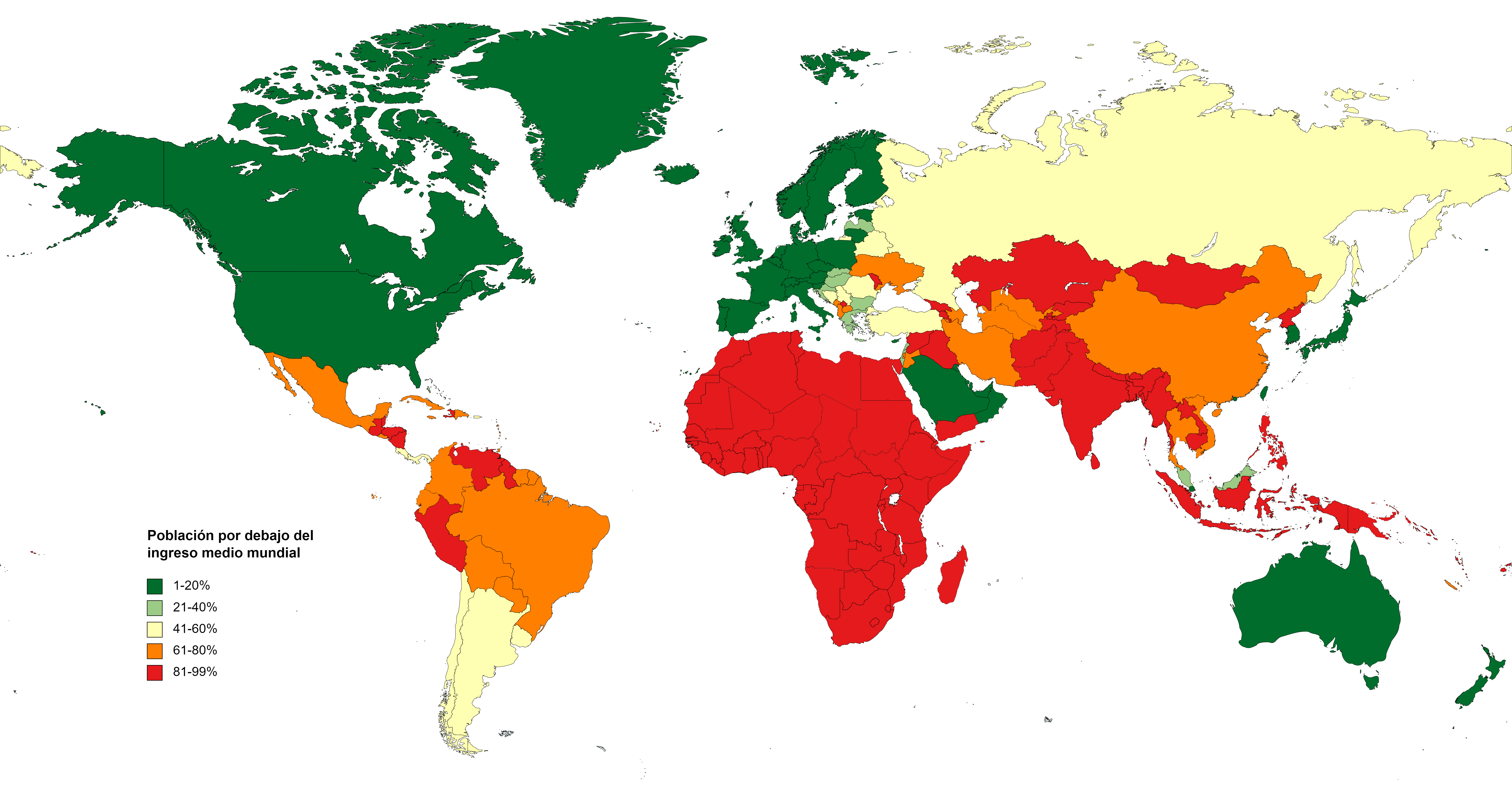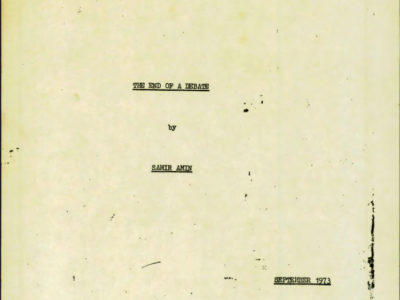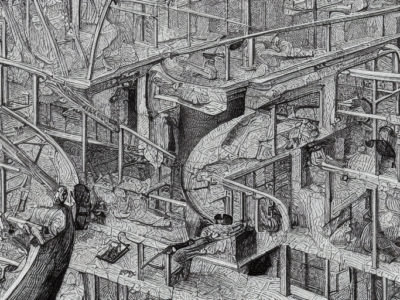Donald Clelland expands Baran’s theory of surplus to put it into the context of value transfer throughout the core-periphery hierarchy. The theory of surplus drain is closely related to Arghiri Emmanuel’s theory of Unequal Exchange, but, as per the author’s words, in a wider sense.
The article discusses the foundation of the theory and proceeds to elaborate its mechanisms that he subdivides into visible (accounted costs) and invisible (uncosted). Unlike other theories, the surplus drain theory includes unpaid household and unpaid or underpaid semi-proletarian labour, and externalised ecological costs. According to the author, the surplus drain plays a central role in the reproduction of core-periphery inequalities.
Due to copyright reasons, we cannot reproduce the full article. Therefore we are providing the link to the original manuscript here:
https://drive.google.com/file/d/1i7fCmWyZzuXw6XA9x_4yV7pjusl1SU5n/view
The article has been originally published in “Routledge Handbook of World-Systems Analysis” by Christopher Chase-Dunn and Salvatore Babones.
For working papers on surplus drain theory, refer to:






